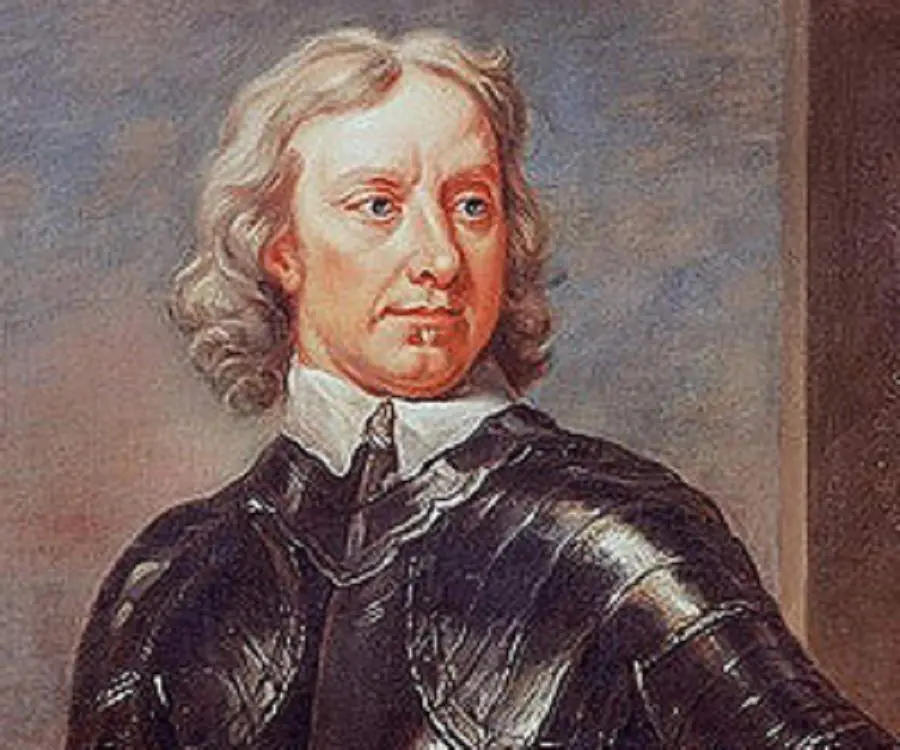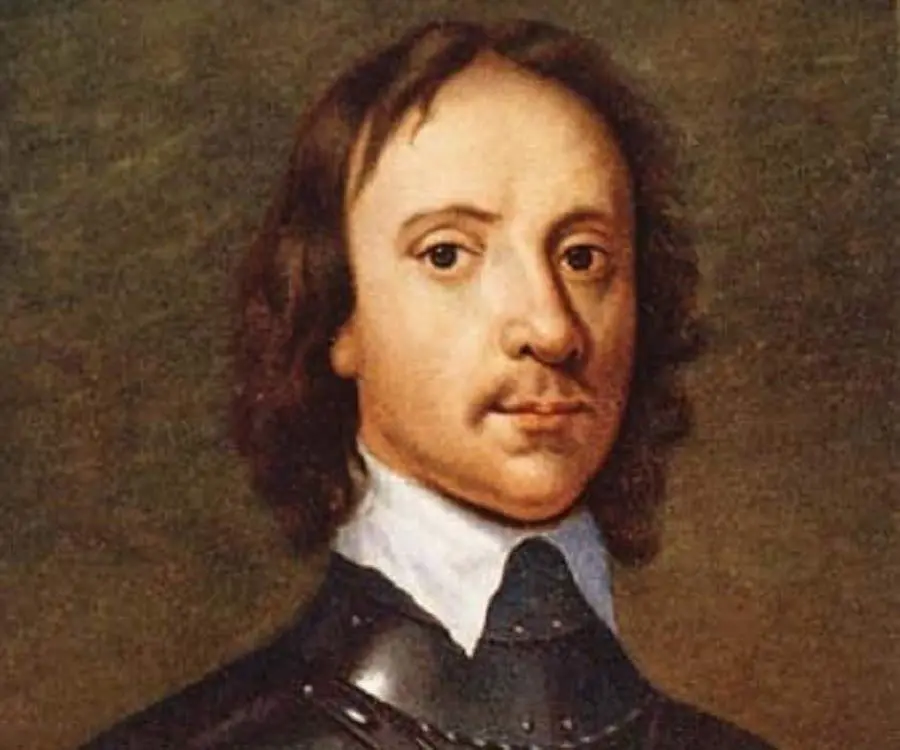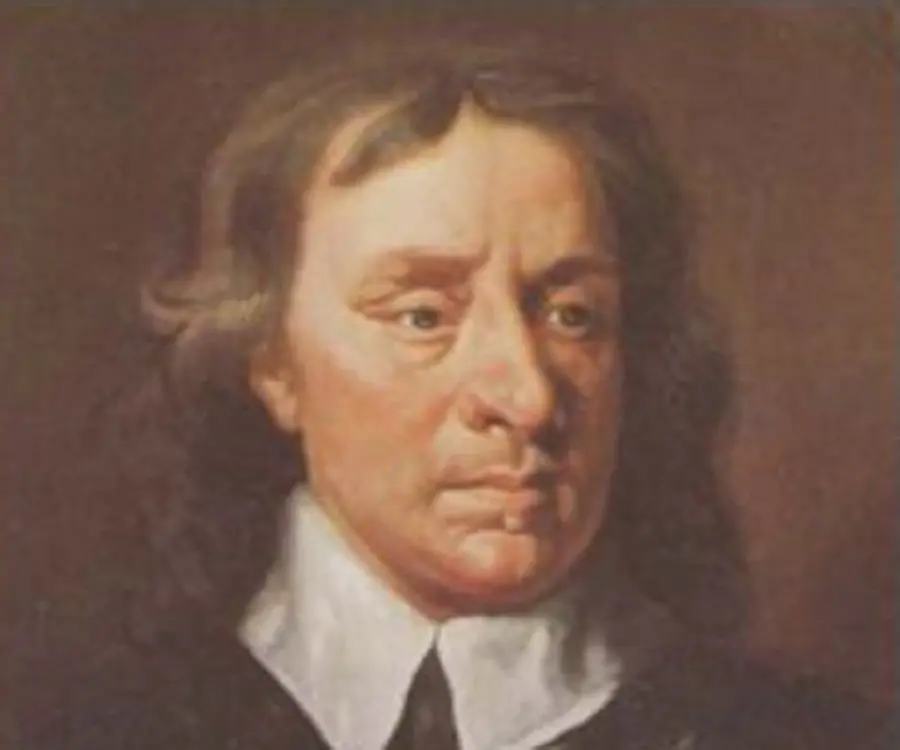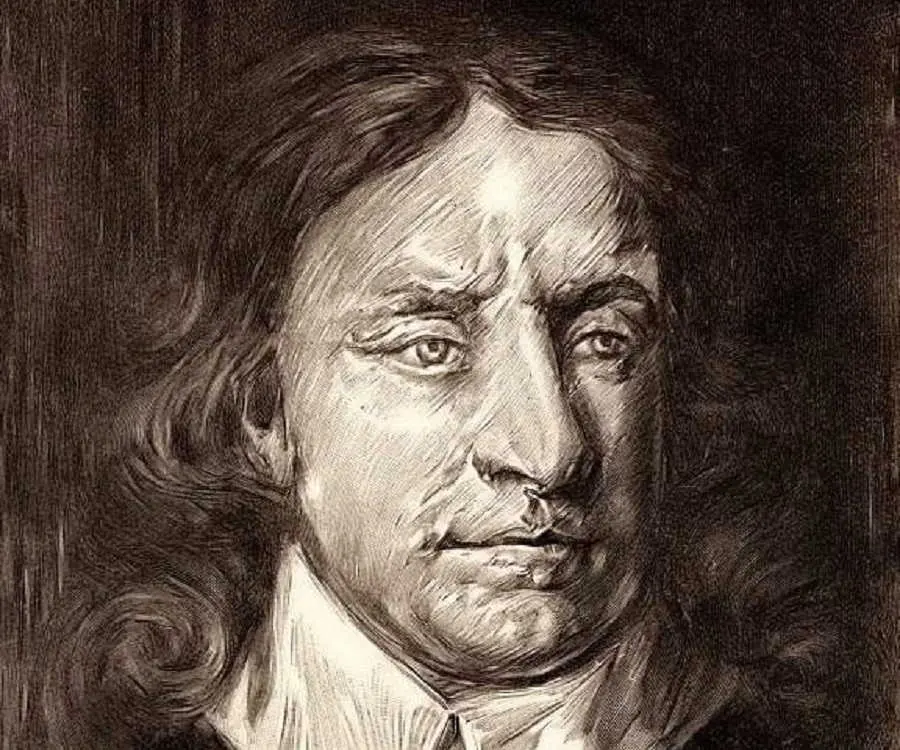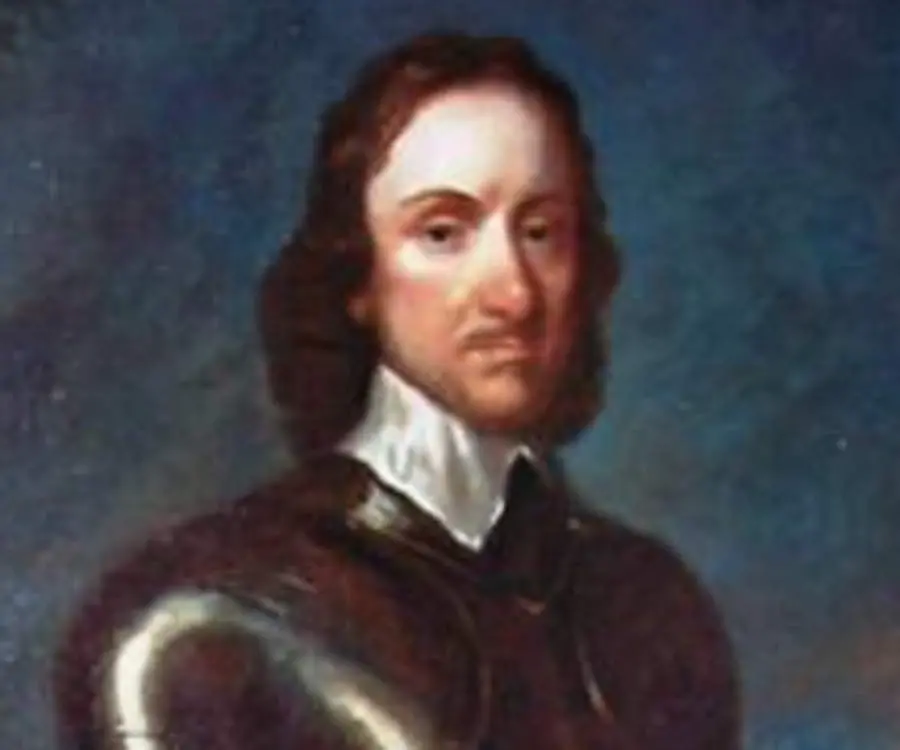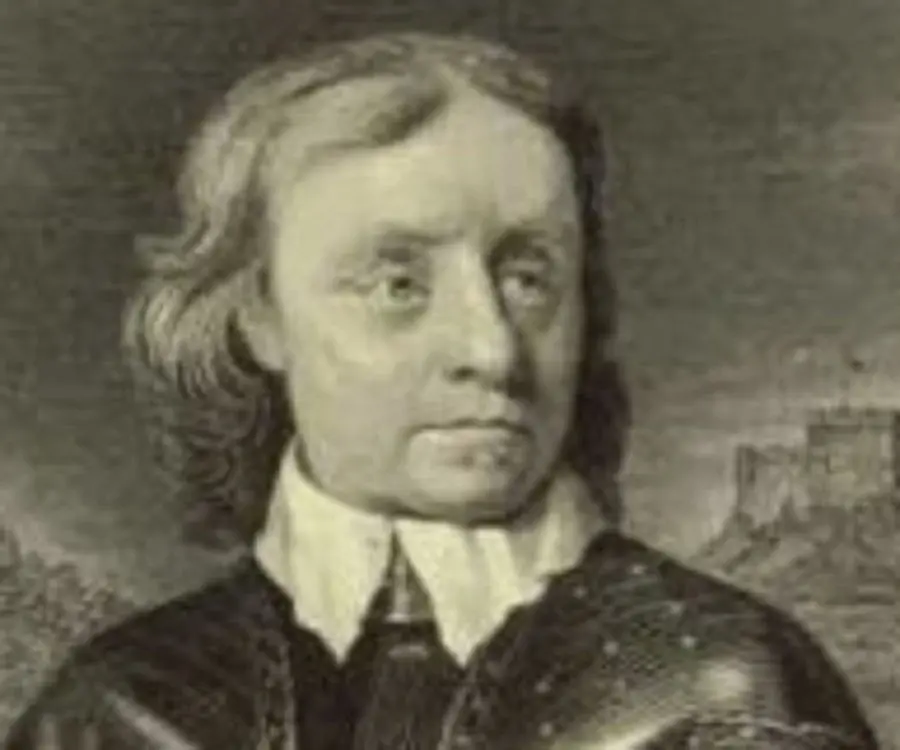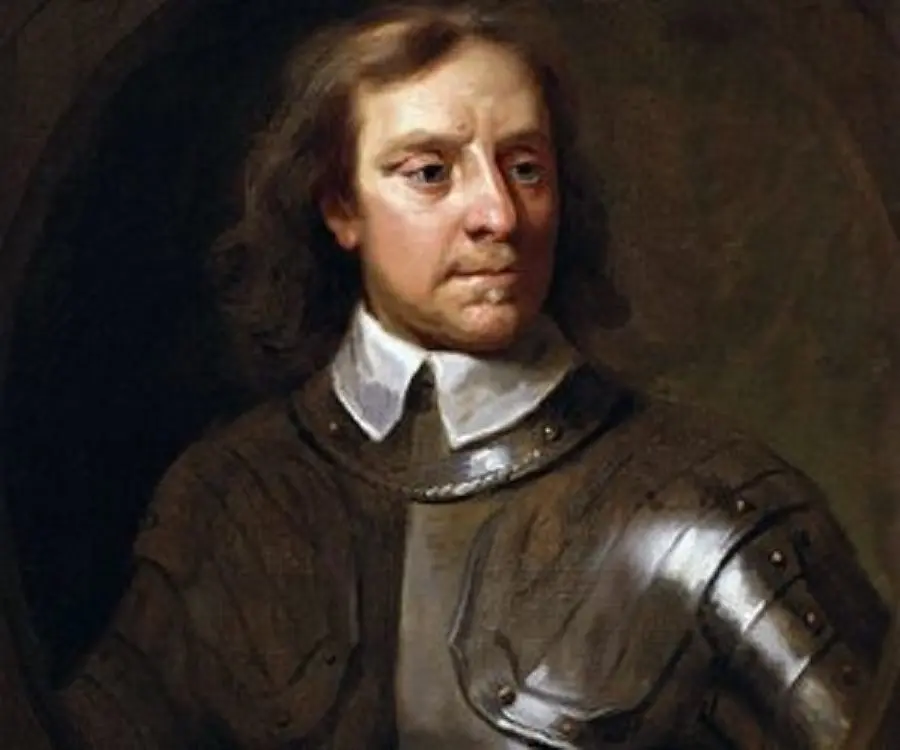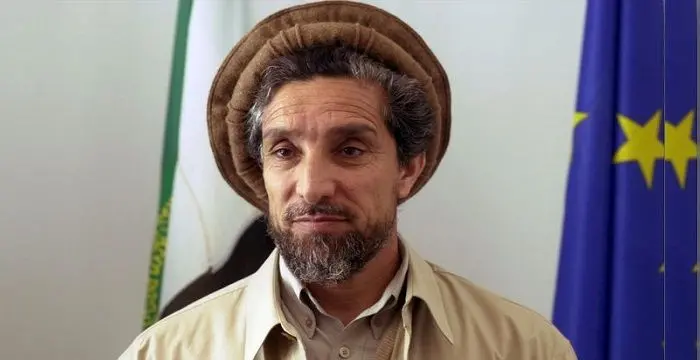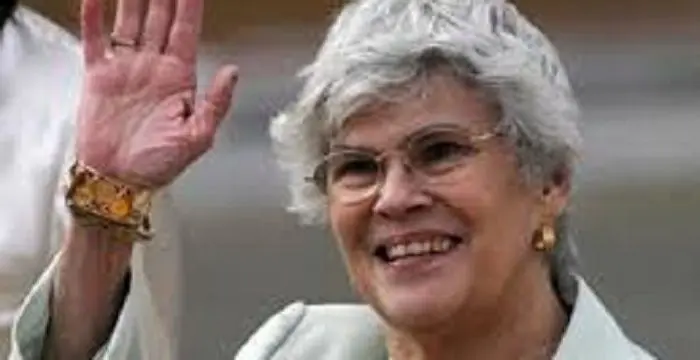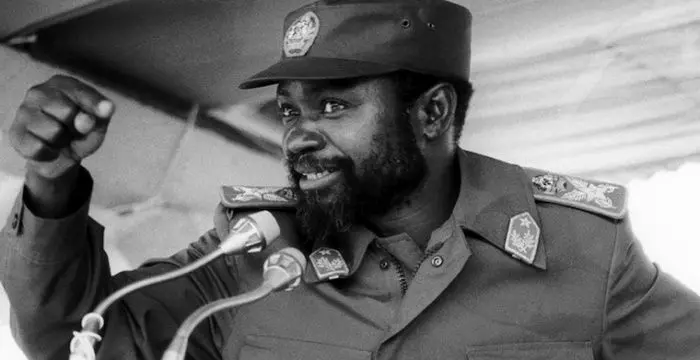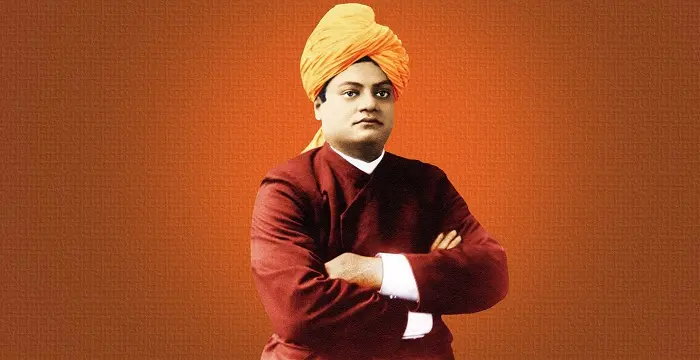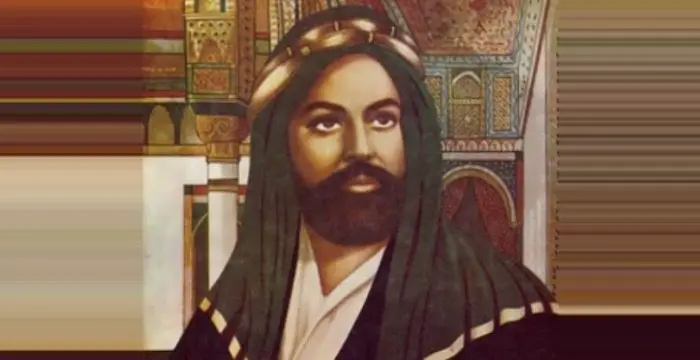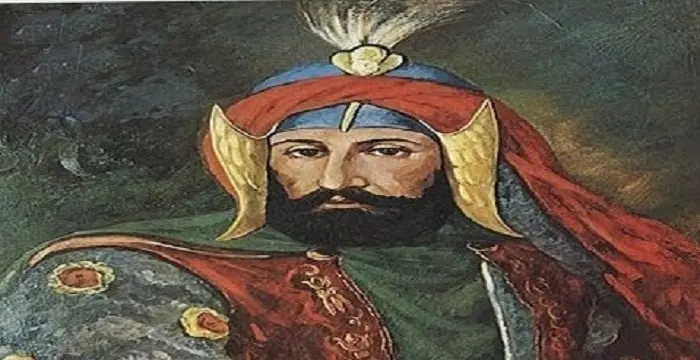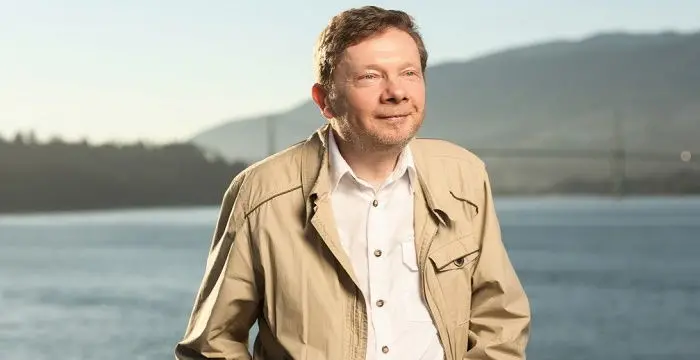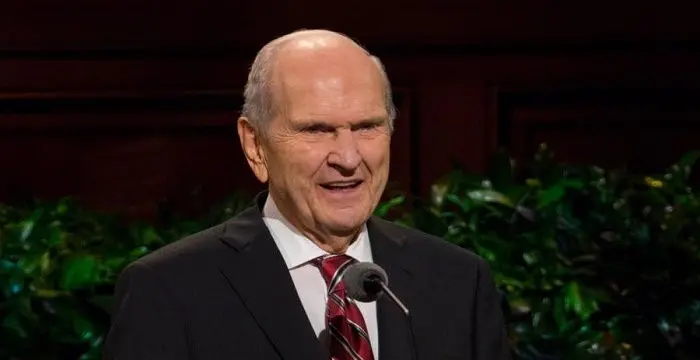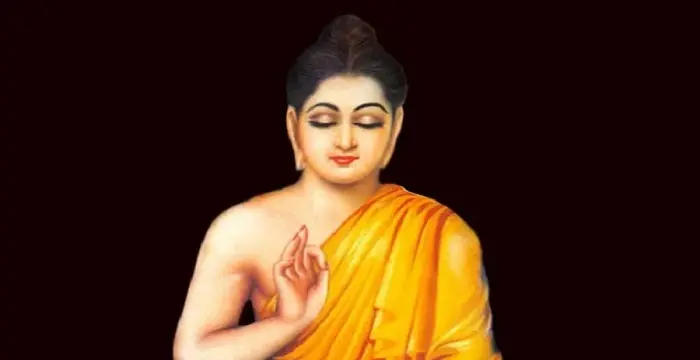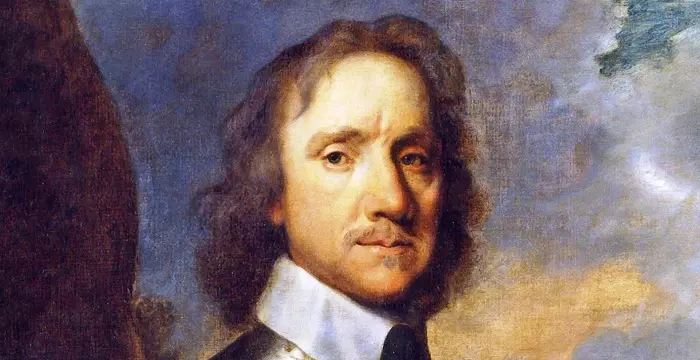
Oliver Cromwell - Political Leaders, Birthday and Personal Life
Oliver Cromwell's Personal Details
Oliver Cromwell was an was an English statesman, soldier, and revolutionary
| Information | Detail |
|---|---|
| Birthday | April 25, 1599 |
| Died on | September 3, 1658 |
| Nationality | British |
| Famous | Leaders, Spiritual & Religious Leaders, Political Leaders, Military Leaders, Military, Political Leaders |
| Spouses | Elizabeth Bourchier |
| Siblings | Robina Cromwell |
| Childrens | Oliver Cromwell |
| Universities |
|
| Birth Place | Huntingdon, Huntingdonshire |
| Religion | Puritan (Independent) |
| Gender | Male |
| Father | Robert Cromwell |
| Mother | Elizabeth Steward |
| Sun Sign | Taurus |
| Born in | Huntingdon, Huntingdonshire |
| Famous as | Military & Political Leader |
| Died at Age | 59 |
Oliver Cromwell's photo
Who is Oliver Cromwell?
Oliver Cromwell was an English military and political leader. He started his political career as a Member of Parliament for Huntingdon. King Charles I dissolved the parliament. He then returned as MP for the Short Parliament and the Long Parliament. In the armed conflict between the King and the parliamentarians he recruited cavalry for the parliamentary forces in Cambridgeshire after blocking shipment meant for the king. He was commissioned as Captain of Horse when the first civil war broke out. He was then elevated to Colonel of Horses, and later to the position of Lieutenant General of Horse, and made Governor of Ely. He won brilliant victories in many battles. When the Parliament passed the Self-Denying Ordinance, he chose military command over civil office and supported the New Model Army. Although the battles he fought were the most bloodiest in the history of England, he himself believed in religious tolerance. He became the most powerful man in England. He was one of the 59 members to sign Charles I’s death warrant. When his supporters recommended that he be made the king, he declined the Crown. He became the Lord Protector of England, Scotland and Ireland. His health declined, and he died probably from malaria. He was buried in Westminster Abbey.
// Famous Political Leaders
Ahmad Shah Massoud
Ahmad Shah Massoud, who was known in his native Afghanistan as the ‘Lion of Panjshir’, was a political and military leader. This biography profiles his childhood, life, military and political career and timeline.
Violeta Chamorro
VioletaChamorro was the former President of Nicaragua and is credited for ending the raging Civil War and establishing peace in the country. To know more about her childhood, career, profile and timeline read on
Samora Machel
Samora Machel was a revolutionary leader who served as Mozambique's first President. This biography of Samora Machel provides detailed information about his childhood, life, achievements, works & timeline.
Childhood & Early Life
Cromwell was born on April 25, 1599 to Robert Cromwell and Elizabeth Steward. He was a descendant of Katherine Cromwell, an elder sister of Tudor statesman Thomas Cromwell, a minister of Henry VIII.
He was baptized at St John’s Church. He attended Huntingdon Grammar School, and then studied at Sidney Sussex College, Cambridge. Following his father’s death, he left without a degree in 1617.
Career & Later Life
Cromwell became the Member of Parliament for Huntingdon in 1628. King Charles I had imposed a tax without parliamentary consent. The Parliament adopted a Petition of Right, and Charles I adjourned parliament.
He undertook treatment for depression. He sold his property, moved to St Ives, took up farming, and adopted Puritanism. In 1636, he inherited his uncle’s property and job as tithe collector for Ely Cathedral.
He returned as MP for Cambridge in 1640 when Charles summoned the Short Parliament because of money shortage during the Bishop’s War. It was dissolved when MPs refused to grant him subsidies for war.
A bankrupt king called the Long Parliament after the Bishops’ War ended. 1641’s Triennial Act guaranteed that parliament would be called once every three years. Cromwell was again returned as member for Cambridge.
Issues between the parliament and the king could not be resolved resulting in an armed conflict in 1642. Cromwell recruited cavalry for the parliamentary forces in Cambridgeshire after blocking shipment meant for the king.
With the Civil War beginning, commissioned as a Captain of Horses, he raised a cavalry troop, and fought in the indecisive Battle of Edgehill. He was promoted to Colonel of Horses in 1643.
He was elevated to the position of Lieutenant General of Horses, and made governor of Ely. He helped secure victory for the parliamentary forces at Marston Moor, but could not destroy the king’s forces.
In 1644, he defeated the Royalists in the Second Battle of Newbury without gaining strategic advantage. He presented his complaint to the House of Commons on the leadership of Manchester and Earl of Essex
In 1645, the Parliament passed the Self-Denying Ordinance requiring members of the House of Commons and the Lords to choose between civil office and military command, and remodelling of army. He chose the military command.
At the Battle of Naseby in 1645, the New Model Army crushed the King’s army. Appointed as Lieutenant-General, Cromwell’s cavalry routed the Royalist cavalry. He besieged the Catholic fortress Basing House.
Charles surrendered to the Scots in 1646. They handed him to the Parliamentarians, and withdrew from England. Oxford was surrendered ending the Civil War. Cromwell fell ill, and was inactive for a month.
Cornet George Joyce took control of Charles I. The New Model Army was angry with the parliamentarians for the Presbyterian Church settlement, and raised troops. Cromwell supported the New Model Army.
In Putney, he put forward a proposal to check the powers of the executive, to set up regularly elected parliaments, and to restore a non-compulsory Episcopalian settlement. The Levellers wanted complete political equality.
Charles I escaped from Hampton Court, and tried to work out a deal with the Scots to invade England. This started the second Civil war in 1648.
MPs who negotiated with the king were prevented from sitting for parliament. With the remaining MPs agreeing, Charles was tried for treason, and executed. The death warrant was signed by 59 members including Cromwell.
The Scots and Irish wanted Charles’ son as the king. From 1649 to 1651, Cromwell fought a bloody war with Scottish and Irish forces. Charles II fled to Holland, and the second Civil War ended.
He became the most powerful man in England and replaced the Rump Parliament with members appointed by the Church. After General Lambert dissolved it, he presented a new constitution.
In 1653, he became the Lord Protector, and headed an executive council defined by a paper constitution. The Protectorate Parliament was dissolved the following year. The appointment of major generals to govern proved unpopular.
He formed a second Protectorate Parliament. In 1657, his supporters presented a constitution reducing the power of the Council and recommending that he be king. He declined the Crown, but accepted the remaining petition.
In 1658, when parliament was convened he faced opposition from Republicans and segments of the Army. He dissolved the parliament. His health declined, and died probably from malaria. He was buried in Westminster Abbey.
Major Works
In 1641, Cromwell introduced the second reading of the Annual Parliaments Bill, and drafted the Root and Branch Bill for abolition of episcopacy. The House of Commons drew the Protestation Oath against the popery.
He put down the Royalist uprising in South Wales. He won a brilliant victory in the Battle of Preston in 1648, putting down the Scottish Royalist's Army, and ending the second Civil War.
Personal Life & Legacy
In 1620, Oliver Cromwell married Elizabeth Bourchier, daughter of Sir James Bourchier, a wealthy leather merchant from Essex having strong connections with puritan families. They had nine children.
He died at Whitehall on September 3, 1658. The likely cause of his death is believed to be septicaemia due to his urinary infection. He was buried at Westminster Abbey.
Trivia
This leader’s body was exhumed, and was hanged at Tyburn in 1661. His severed head was displayed outside Westminster Hall. It was finally buried in Sidney Sussex College, Cambridge in the twentieth century.
// Famous Political Leaders
Edi Rama
Edi Rama is the current Prime Minister of Albania. Check out this biography to know about his childhood, life, achievements, works & timeline.
Khalifa bin Zayed Al Nahyan
Sheikh Khalifa bin Zayed Al Nahyan is the current President of the United Arab Emirates (UAE). Check out this biography to know about his birthday, childhood, family life, achievements and fun facts about him.
Leo Varadkar
Cam Leo Varadkar is the current Taoiseach—the Prime Minister—of the Republic of Ireland. Check out this biography to know about his childhood, family life, achievements and other facts about his life.
Oliver Cromwell biography timelines
- // 25th Apr 1599Cromwell was born on April 25, 1599 to Robert Cromwell and Elizabeth Steward. He was a descendant of Katherine Cromwell, an elder sister of Tudor statesman Thomas Cromwell, a minister of Henry VIII.
- // 1617He was baptized at St John’s Church. He attended Huntingdon Grammar School, and then studied at Sidney Sussex College, Cambridge. Following his father’s death, he left without a degree in 1617.
- // 1620In 1620, Oliver Cromwell married Elizabeth Bourchier, daughter of Sir James Bourchier, a wealthy leather merchant from Essex having strong connections with puritan families. They had nine children.
- // 1628Cromwell became the Member of Parliament for Huntingdon in 1628. King Charles I had imposed a tax without parliamentary consent. The Parliament adopted a Petition of Right, and Charles I adjourned parliament.
- // 1636He undertook treatment for depression. He sold his property, moved to St Ives, took up farming, and adopted Puritanism. In 1636, he inherited his uncle’s property and job as tithe collector for Ely Cathedral.
- // 1640He returned as MP for Cambridge in 1640 when Charles summoned the Short Parliament because of money shortage during the Bishop’s War. It was dissolved when MPs refused to grant him subsidies for war.
- // 1641A bankrupt king called the Long Parliament after the Bishops’ War ended. 1641’s Triennial Act guaranteed that parliament would be called once every three years. Cromwell was again returned as member for Cambridge.
- // 1641In 1641, Cromwell introduced the second reading of the Annual Parliaments Bill, and drafted the Root and Branch Bill for abolition of episcopacy. The House of Commons drew the Protestation Oath against the popery.
- // 1642Issues between the parliament and the king could not be resolved resulting in an armed conflict in 1642. Cromwell recruited cavalry for the parliamentary forces in Cambridgeshire after blocking shipment meant for the king.
- // 1643With the Civil War beginning, commissioned as a Captain of Horses, he raised a cavalry troop, and fought in the indecisive Battle of Edgehill. He was promoted to Colonel of Horses in 1643.
- // 1644In 1644, he defeated the Royalists in the Second Battle of Newbury without gaining strategic advantage. He presented his complaint to the House of Commons on the leadership of Manchester and Earl of Essex
- // 1645In 1645, the Parliament passed the Self-Denying Ordinance requiring members of the House of Commons and the Lords to choose between civil office and military command, and remodelling of army. He chose the military command.
- // 1645At the Battle of Naseby in 1645, the New Model Army crushed the King’s army. Appointed as Lieutenant-General, Cromwell’s cavalry routed the Royalist cavalry. He besieged the Catholic fortress Basing House.
- // 1646Charles surrendered to the Scots in 1646. They handed him to the Parliamentarians, and withdrew from England. Oxford was surrendered ending the Civil War. Cromwell fell ill, and was inactive for a month.
- // 1648Charles I escaped from Hampton Court, and tried to work out a deal with the Scots to invade England. This started the second Civil war in 1648.
- // 1648He put down the Royalist uprising in South Wales. He won a brilliant victory in the Battle of Preston in 1648, putting down the Scottish Royalist's Army, and ending the second Civil War.
- // 1649 To 1651The Scots and Irish wanted Charles’ son as the king. From 1649 to 1651, Cromwell fought a bloody war with Scottish and Irish forces. Charles II fled to Holland, and the second Civil War ended.
- // 1653In 1653, he became the Lord Protector, and headed an executive council defined by a paper constitution. The Protectorate Parliament was dissolved the following year. The appointment of major generals to govern proved unpopular.
- // 1657He formed a second Protectorate Parliament. In 1657, his supporters presented a constitution reducing the power of the Council and recommending that he be king. He declined the Crown, but accepted the remaining petition.
- // 1658In 1658, when parliament was convened he faced opposition from Republicans and segments of the Army. He dissolved the parliament. His health declined, and died probably from malaria. He was buried in Westminster Abbey.
- // 3rd Sep 1658He died at Whitehall on September 3, 1658. The likely cause of his death is believed to be septicaemia due to his urinary infection. He was buried at Westminster Abbey.
- // 1661This leader’s body was exhumed, and was hanged at Tyburn in 1661. His severed head was displayed outside Westminster Hall. It was finally buried in Sidney Sussex College, Cambridge in the twentieth century.
// Famous Spiritual & Religious Leaders
Swami Vivekananda
Swami Vivekananda was the chief disciple of Sri Ramakrishna, and was responsible for awakening India spiritually. Check this biography to know in detail about his life, profile and timeline.
Prophet Muhammad
Prophet Muhammad was the founder of Islam, one of the most widespread religions in the world. This biography profiles his childhood, life story, achievements and more.
Murad IV
Murad IV was one of the mighty Sultans in the history of the Ottoman Empire. This biography profiles his childhood, family, accession, rule, administration and timeline.
Eckhart Tolle
Eckhart Tolle is a well-known spiritual leader, and author. Check out this biography to know about his childhood, family, personal life, spiritual awakening, etc.
Russell M. Nelson
Russell M. Nelson is an American religious leader, author, and philanthropist. Check out this biography to know about his birthday, childhood, family life, achievements and fun facts about him.
Gautama Buddha
Gautama Buddha was a spiritual leader on whose teachings Buddhism was founded. This biography of Gautama Buddha provides detailed information about his childhood, life, achievements, works & timeline
Oliver Cromwell's FAQ
What is Oliver Cromwell birthday?
Oliver Cromwell was born at 1599-04-25
When was Oliver Cromwell died?
Oliver Cromwell was died at 1658-09-03
Where was Oliver Cromwell died?
Oliver Cromwell was died in Whitehall, London, England
Which age was Oliver Cromwell died?
Oliver Cromwell was died at age 59
Where is Oliver Cromwell's birth place?
Oliver Cromwell was born in Huntingdon, Huntingdonshire
What is Oliver Cromwell nationalities?
Oliver Cromwell's nationalities is British
Who is Oliver Cromwell spouses?
Oliver Cromwell's spouses is Elizabeth Bourchier
Who is Oliver Cromwell siblings?
Oliver Cromwell's siblings is Robina Cromwell
Who is Oliver Cromwell childrens?
Oliver Cromwell's childrens is Oliver Cromwell
What was Oliver Cromwell universities?
Oliver Cromwell studied at Huntingdon Grammar School, Sidney Sussex College, Cambridge
What is Oliver Cromwell's religion?
Oliver Cromwell's religion is Puritan (Independent)
Who is Oliver Cromwell's father?
Oliver Cromwell's father is Robert Cromwell
Who is Oliver Cromwell's mother?
Oliver Cromwell's mother is Elizabeth Steward
What is Oliver Cromwell's sun sign?
Oliver Cromwell is Taurus
How famous is Oliver Cromwell?
Oliver Cromwell is famouse as Military & Political Leader
